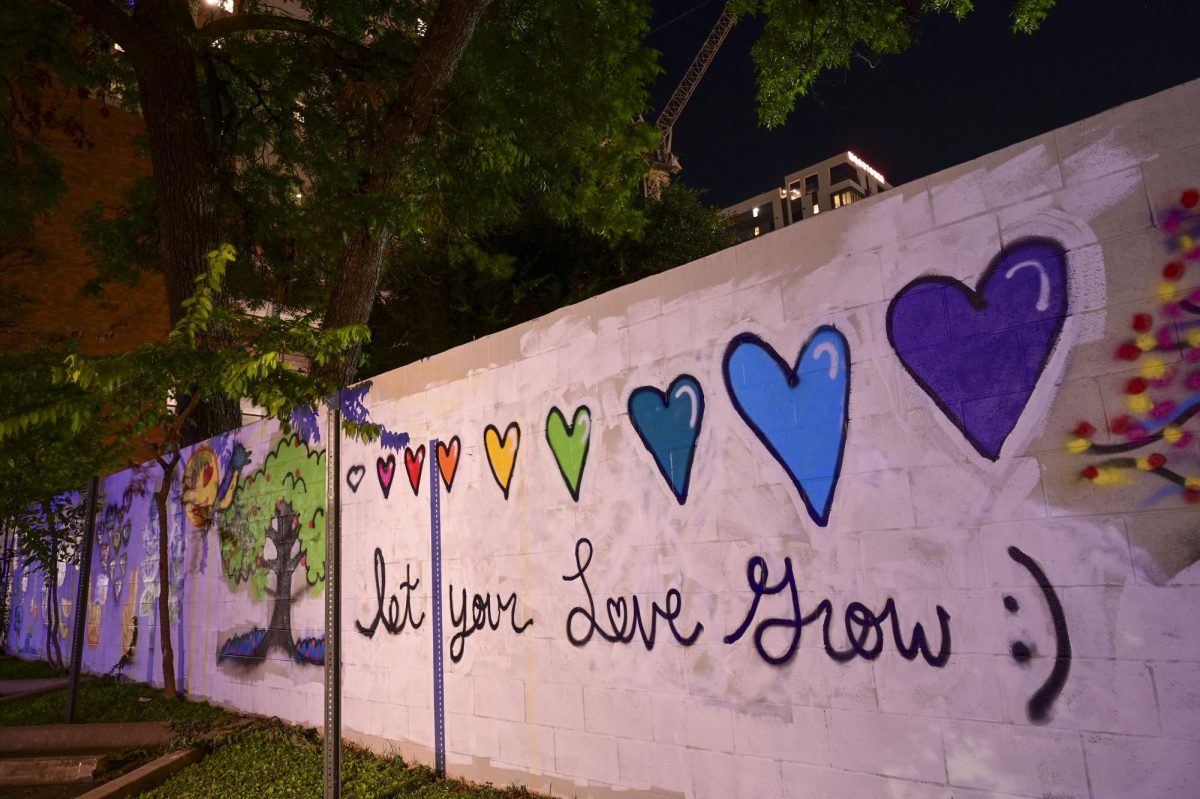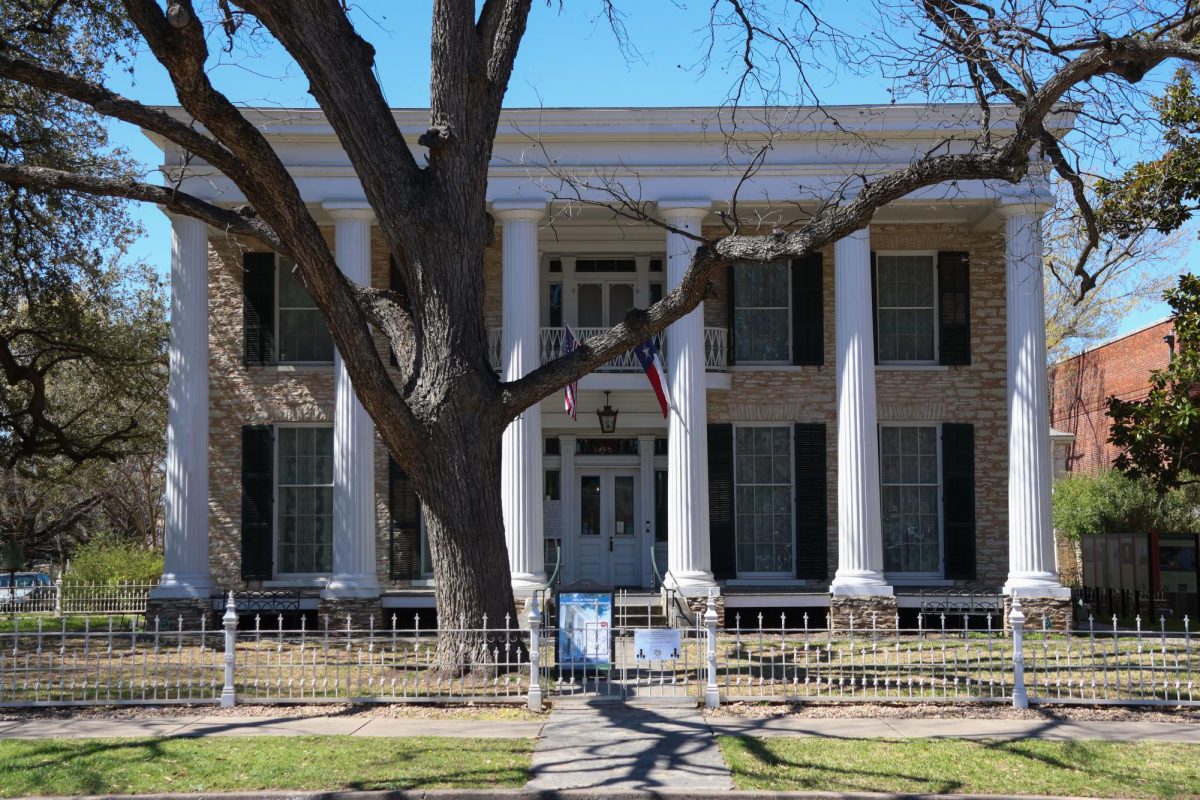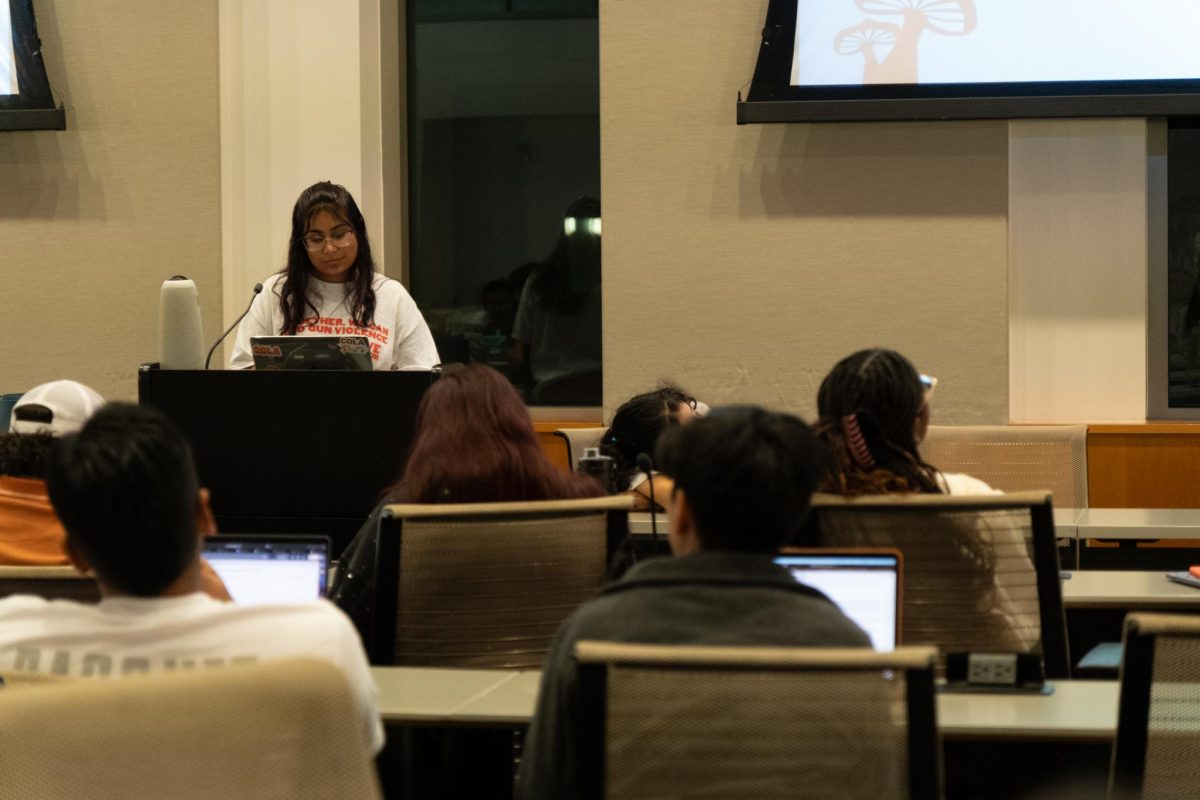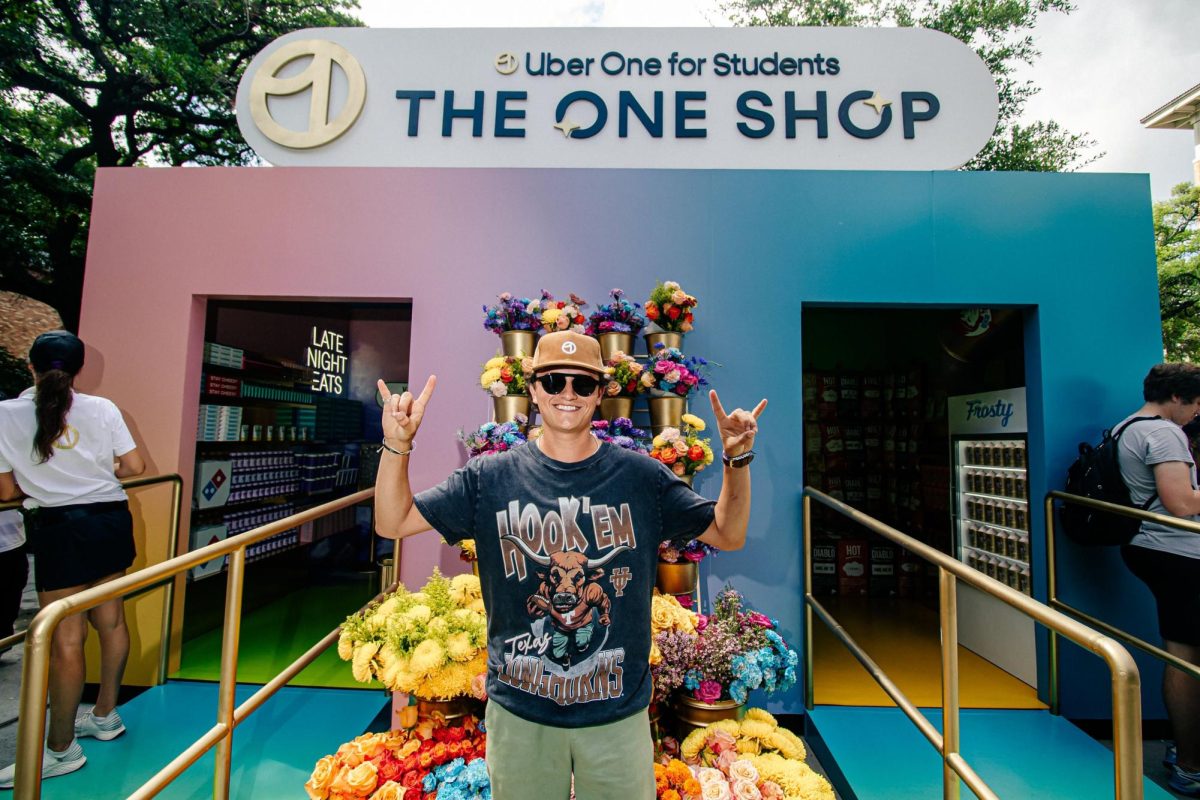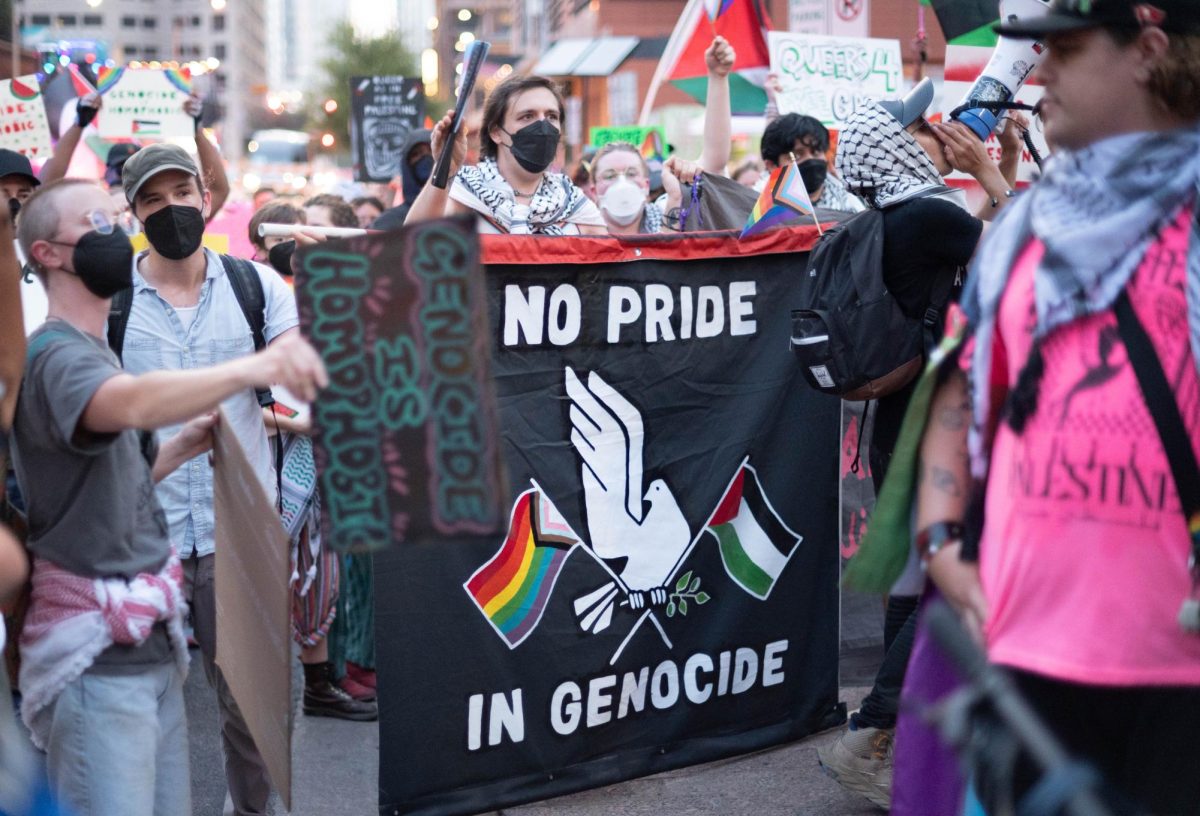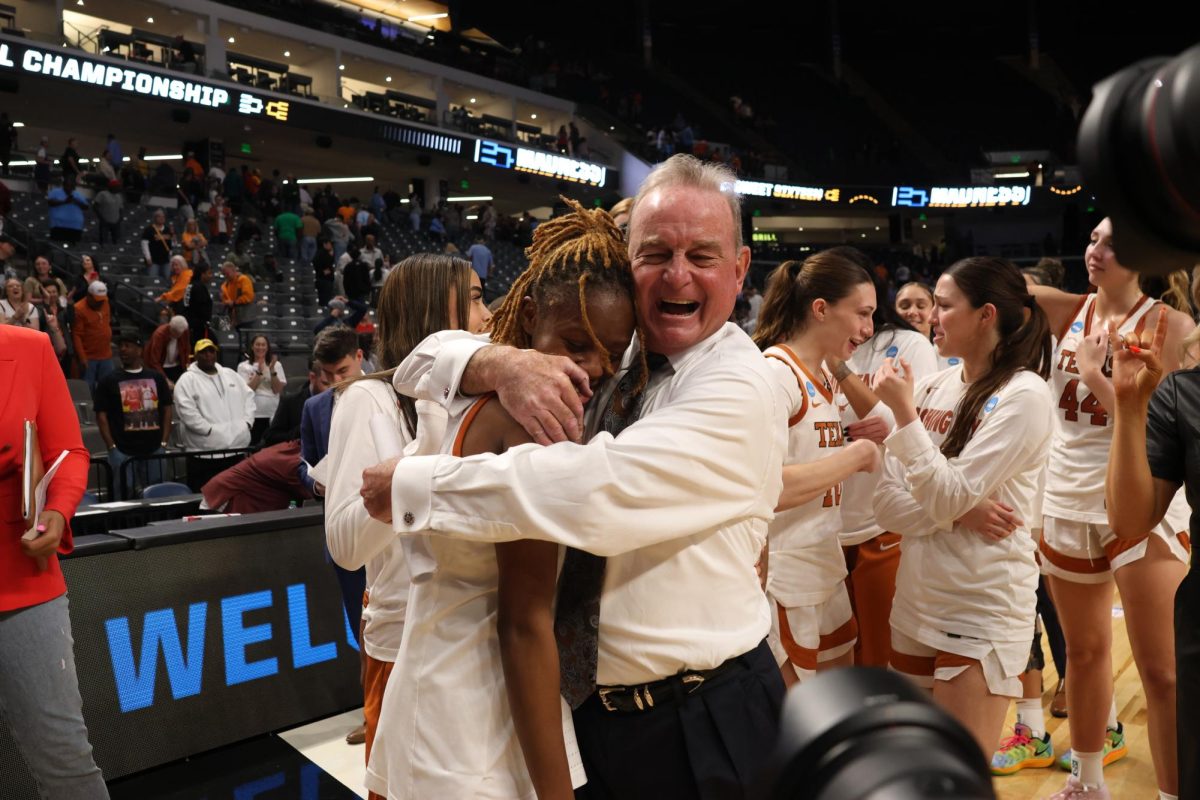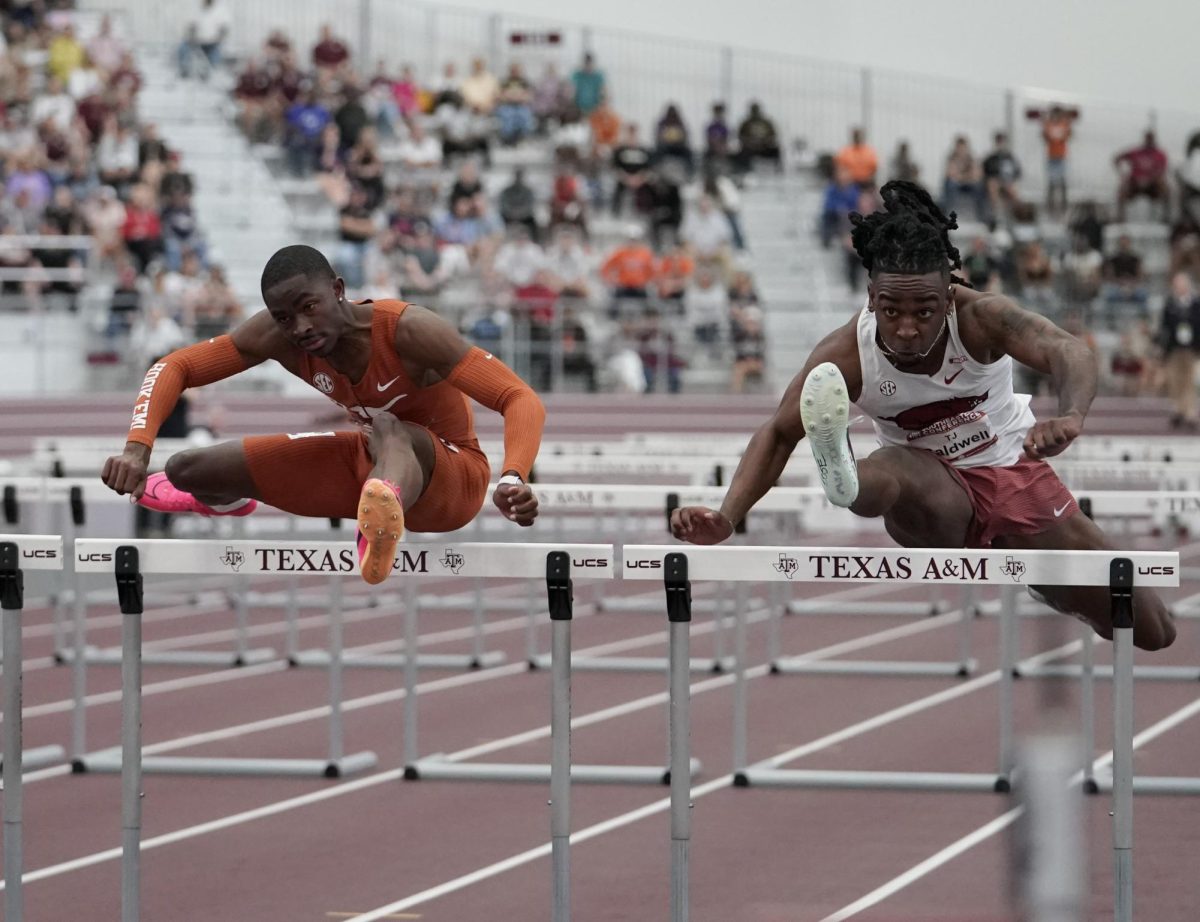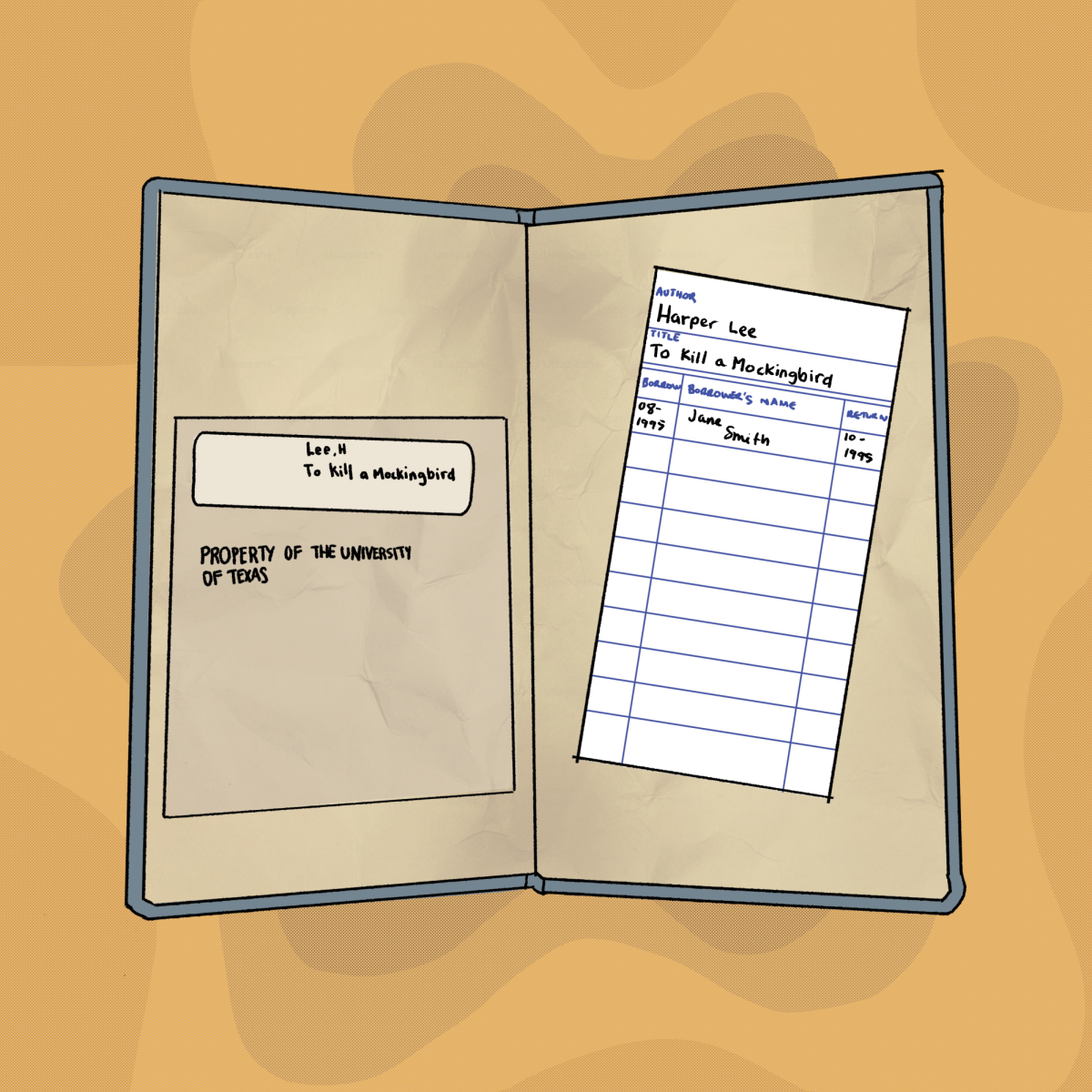Every day before stepping out, Kira Berzack questions whether she should take off her Star of David necklace. Berzack said she’s proud of her Jewish identity, but fears the symbol could incite a reaction from those around her.
“I’ll never hide being Jewish,” nutritional sciences sophomore Berzack said. “But there are some times when it’s sad to think, ‘Is it worth just showing off and having that on your neck when you don’t know who’s around you and you don’t know how people will take it?’”
Muslim individuals like Maryam Amin wear their hijabs with pride yet apprehension. Hijabs identify them as Muslim, Amin said, opening the door for unprompted Islamophobic comments.
“It puts a target on your back,” said Amin, a speech, language and hearing sciences senior. “It’s not right, but I don’t want the fear to consume my life.”
Antisemitic incidents increased nationwide by 388% since the Oct. 7 Hamas attack, according to the Anti-Defamation League, an organization that aims to “stop the defamation of the Jewish people and to secure justice and fair treatment to all.”
Islamophobic incidents also increased nationwide by 182% according to data from the Council on American-Islamic Relations, which works to “enhance understanding of Islam, protect civil rights, promote justice and empower American Muslims.”
College students across the country experienced increased antisemitism and Islamophobia. For instance, online messages at Cornell University threatened Jewish students and the Canary Mission continues to “blacklist” Muslim and pro-Palestine college students.
Hate speech also made its way to UT. Last month, Texas Hillel’s parking lot was vandalized with antisemitic graffiti and three men disrupted students at a Palestine Solidarity Committee meeting, calling its members “terrorists.”
David Ryfe, director of the School of Journalism and Media, said “reasonable discourse is tough” when emotions are running high. He said emotions on both sides are strong at the outbreak of violence, and the priority is to keep Muslim, Arab and Jewish communities safe rather than facilitate discussions about the issue.
“Maybe that’s the goal in the next period of time, when emotions have died down and people are ready to come back and have a deeper conversation,” Ryfe said. “But I’m not sure this is the right moment for that.”
Government sophomore Isra Akhtar said she received Islamophobic comments on several occasions, including being called a terrorist and told she was going to hell. She said some people are quick to paint all Muslims with the same brush.
“I feel a lot of (Islamophobia) is born out of ignorance,” Akhtar said. “But there is definitely a hatred problem going on as well.”
Zachary Siegel, a youth and community studies senior, said he’s experienced antisemitism several times over social media. Most notably, he said someone called him multiple slurs in an argument about the conflict.
The University Police Department increased security on campus and in West Campus “to address safety concerns of all members of our UT community,” a spokesperson said in an email.
Safety in Advocacy
In the past month, Muslim, Arab and Jewish students organized multiple protests and vigils on campus and at the Capitol. Amin said if she went to a protest, she would cover her face out of fear.
“It’s sad that we have to do that,” Amin said. “But we have to stay vigilant because there’s really awful people out there who want to compromise our safety.”
An economics sophomore, who requested anonymity for safety reasons, helped organize a gathering in solidarity and peace for Israel with Rohr Chabad Jewish Student Center at UT, a Jewish campus organization. She said some people were initially scared to attend because the number of Jewish people in one place could make the event a target. Organizers contacted UTPD for security at the event, she said.
Josh Hoffman, a computer science Ph.D. student and leader at Chabad, said there has been “a tremendous increase in the amount of fear among Jewish students,” but he also observed the community come together and had increased Jewish pride, especially at events like vigils.
Siegel said he avoids attending protests and vigils altogether. He said he would like to have conversations with students instead of debating with them.
“I’m not going to match somebody’s energy if they just want to scream and yell at me,” Siegel said. “If you’re not willing to have a conversation, save your breath. That’s fine, but I don’t have to agree with you.”
Ryfe said that when there is dialogue, participants should set rules for the conversation such as avoiding triggering “buzzwords,” that can potentially alienate the other person. He also said “(assuming) good intentions on all sides” allows people to approach the conversation from a place of understanding instead of hate.
“It requires that the people involved in the conversation have a chance to shape the rules that they’re going to abide by and that they’re willing to live by them in that space,” Ryfe said.
Student Safety Initiatives
Rabbi Stephanie Max, Texas Hillel executive director, said Hillel implemented security measures and is in contact with the Shalom Austin security director, UTPD, Austin Police Department and the FBI.
Berzack, who is a member of the Jewish sorority Alpha Epsilon Phi, said her sorority has been collecting money for increased security during this time. She said their sorority house has a guard at the front door at all times and sorority members text immediately if they feel unsafe.
Siegel said he also helped organize security for his Jewish fraternity house, Alpha Epsilon Pi. He said he met with individuals from other Jewish fraternities on campus, Sigma Alpha Mu and Zeta Beta Tau.
“We had a conversation and we said we need to do something to protect our people,” Siegel said.
Siegel said the fraternities fundraised with alumni, parent support groups and their national offices. AEPi secured enough funding for an armed guard from Wednesday to the Saturday after Shabbat, Siegel said. The rest of the money is going towards extra security at all social gatherings and events at the AEPi house.
Berzack said she avoids walking on empty streets and stopped wearing headphones when walking around as a precaution.
“I’m always listening, alert, aware and knowledgeable of my surroundings,” Berzack said.
The Palestine Solidarity Committee received a threat prior to an iftar event at Nueces Mosque on Oct. 19, a global day of fasting in support of Palestine. The PSC called UTPD who monitored the event, and there were no further complications with the event, an anonymous PSC member said.
Multiple anonymous Muslim students also described encounters with a man on Rio Grande who yelled at several women in hijabs to go to hell. The students warned others in the community to not walk alone in the area, said one student, who requested anonymity for safety reasons.
The Muslim Student Association began a new program called Amin Walk on Oct. 20. Students who feel unsafe walking home at any time or location can fill out a form or send a message and Amin Walk sends two “rigorously vetted” escorts.
“I am worried that the longer this goes on, … we could be seeing an escalation in the future,” Amin said.

